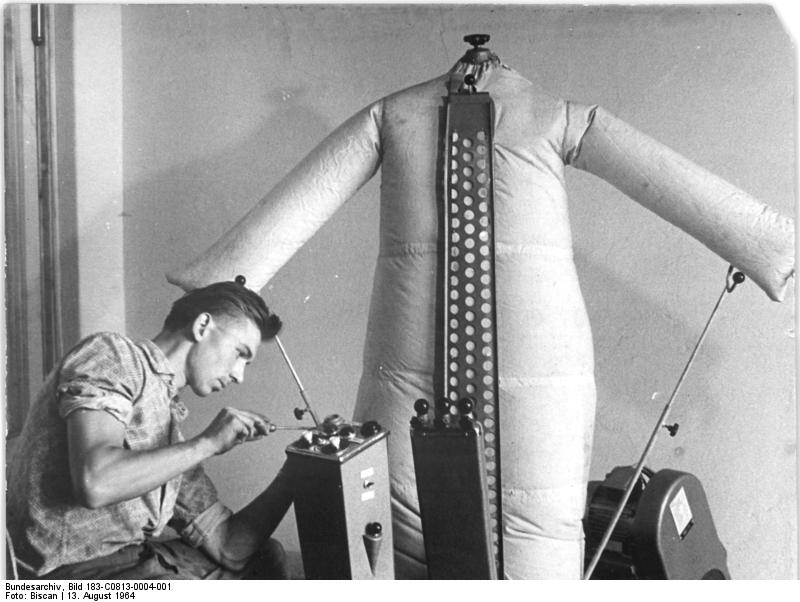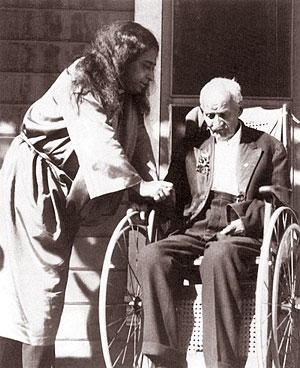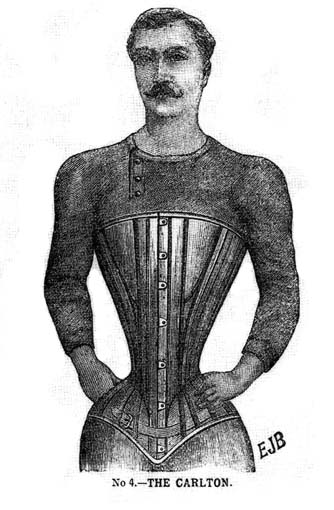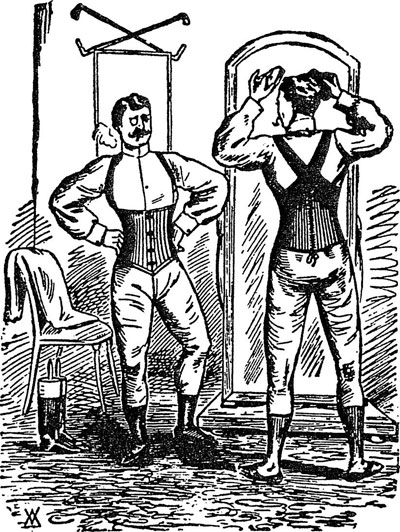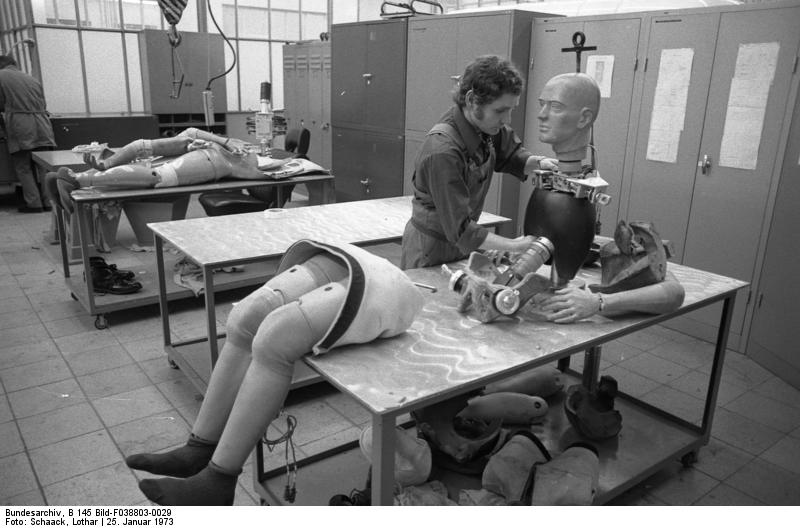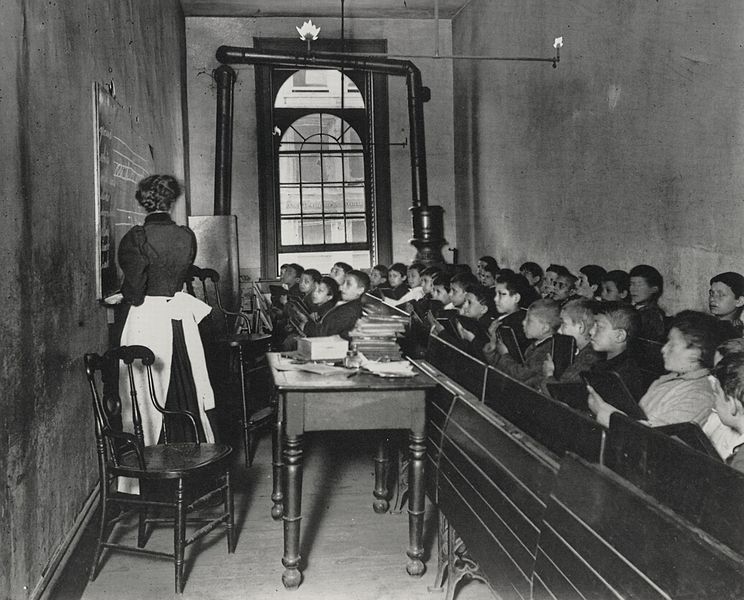It isn’t often that a corporate acquisition results in the acquirer setting up an ethics board to govern the work which will result from the collaboration. But that’s what’s apparently happened with Google’s purchase of DeepMind Technologies. From Jason Inofuentes at ArsTechnica:
“London-based DeepMind was founded in 2010, and it has brought together some of the preeminent researchers in deep learning. The company has a staff of 50-75, with 30 PhDs in a particular subset of machine learning called ‘deep learning,’ the development of algorithms that allow machines to learn as humans do. Deep learning models eschew pre-scripted forms of artificial intelligence and instead rely on experiential learning based on rudimentary capabilities. The models require vast server networks and can be broadly applied to any problem that requires advanced pattern recognition.
DeepMind’s well-funded work hasn’t yielded any commercial products, but a recent paper (PDF) demonstrates how far the company has come. In the paper, DeepMind’s researchers describe a neuronal network that was able to learn how to play Breakout, the Atari 2600 game. …
The DeepMind purchase price seems to be up for debate, but The Information is reporting an interesting non-financial wrinkle to the deal: an ethics board will have the authority to determine how Google is allowed to implement artificial intelligence research. DeepMind reportedly insisted on the board’s establishment before reaching a deal.”

